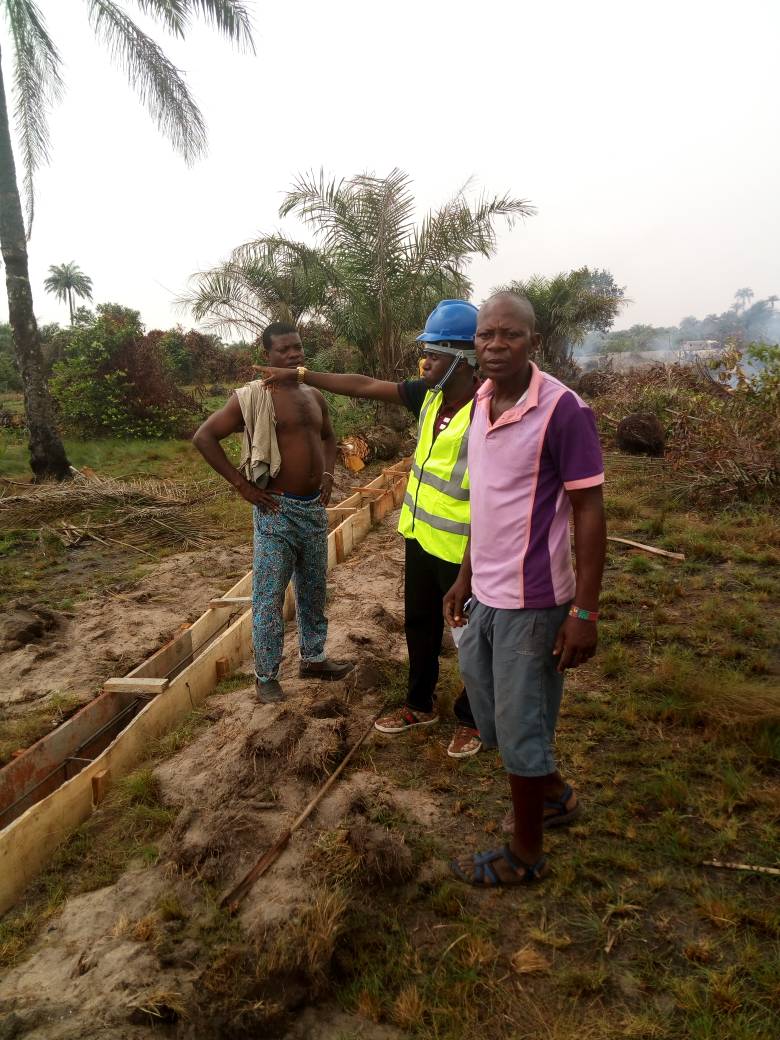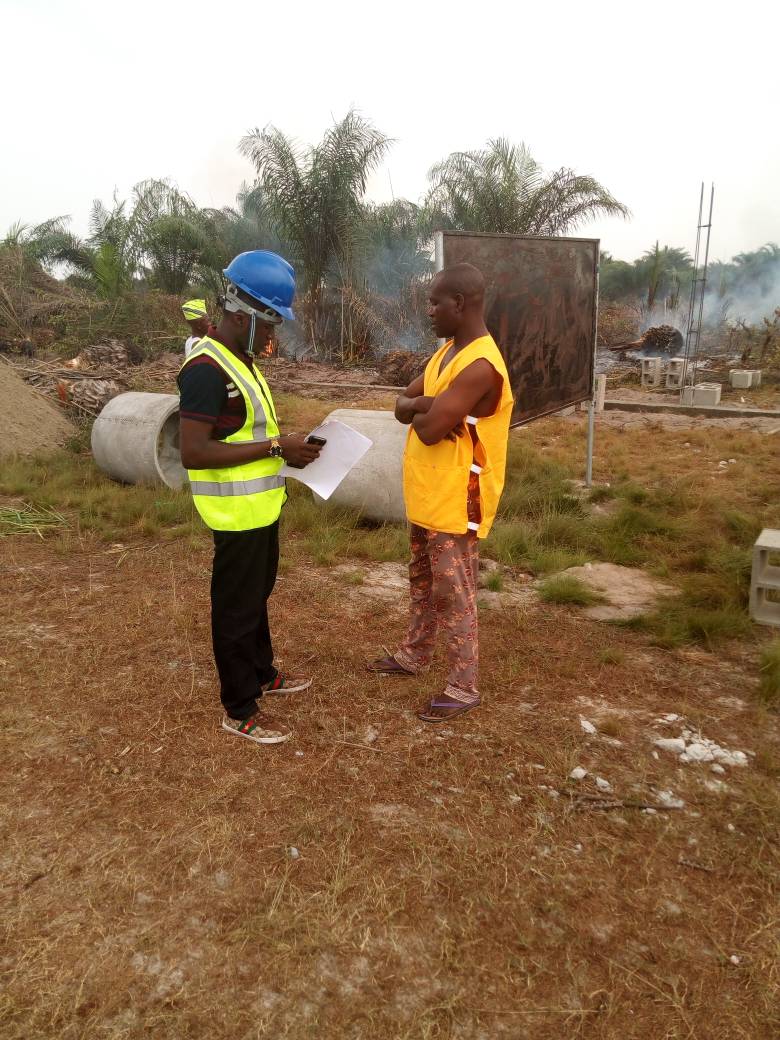Monday, February 5, 2018
Live a Life of Courage
Live a Life of Courage

One of the solutions I’ve discovered, to overcoming fear is to develop courage. For instance, if trying to conquer a particular fear hasn't been working for you then the idea is to work on developing courage. Contrary to what some may believe, courage is not a quality you are, or are not born with. It is one that can be cultivated and honed. Nor, does acquiring courage necessarily entail doing something dramatic or astoundingly heroic. On a day-to-day basis many ordinary folk summon uncommon courage to overcome both physical and psychological barriers in order to achieve a variety of necessities and goals.
What then is courage?
Courage is the mental and emotional preparedness and ability to deal with difficult, challenging, and sometimes seemingly impossible circumstances. It is the ability to confront fear, pain, danger, uncertainty, intimidation and other threats.
Why should we aspire to develop courage?
When we work to develop courage, we both empower ourselves with the ability to confront problems head on, as well as, acquire the skills required to deal with life's inevitable challenges. Courage is a psychological muscle. Indeed, when we build any muscle, we do so in order to build strength and resilience. At a time when many of us resort to harmful and counterproductive substances to deal with problems, we would do better to rely upon a healthy supply of courage. Undoubtedly, it is the wiser alternative. In building strategies for living a more productive, happy and meaningful life, developing courage is yet another way to take responsibility for your state of mind, your circumstances and your well-being.
As Maxwell Maltz, author of Psycho-Cybernetics, points out:
"We must have courage to bet on our ideas, to take the calculated risk, and to act. Everyday living requires courage if life is to be effective and bring happiness".
What then is courage?
Courage is the mental and emotional preparedness and ability to deal with difficult, challenging, and sometimes seemingly impossible circumstances. It is the ability to confront fear, pain, danger, uncertainty, intimidation and other threats.
Why should we aspire to develop courage?
When we work to develop courage, we both empower ourselves with the ability to confront problems head on, as well as, acquire the skills required to deal with life's inevitable challenges. Courage is a psychological muscle. Indeed, when we build any muscle, we do so in order to build strength and resilience. At a time when many of us resort to harmful and counterproductive substances to deal with problems, we would do better to rely upon a healthy supply of courage. Undoubtedly, it is the wiser alternative. In building strategies for living a more productive, happy and meaningful life, developing courage is yet another way to take responsibility for your state of mind, your circumstances and your well-being.
As Maxwell Maltz, author of Psycho-Cybernetics, points out:
"We must have courage to bet on our ideas, to take the calculated risk, and to act. Everyday living requires courage if life is to be effective and bring happiness".

How to Develop Courage:
- Acknowledge and understand that it's not the absence of fear. Even the most courageous of us experience fear and trepidation. John Wayne said: "Courage is being scared to death -- and saddling up anyway". Ask any soldier or warrior who has had to venture forth in battle. Few would deny feeling fear and uncertainty beforehand.
- Muster up the willingness to do so. Before you can acquire any habit, or character trait, you must have a strong desire or willingness to do so. Contemplating the alternative, which would be to live in fear or a position of great vulnerability, should provide ample motivation.
- Read literature, the latest news, and watch movies about tales of courage. Reading about the courageous acts of others is very inspiring and offers examples for all of us. In one of my favorite works of literature, Don Quixote by Miguel de Cervantes, Don Quixote, although very ill equipped for it, sets forth to courageously right the wrongs of the world. He faces scorn, ridicule and resistance at every turn, yet he perseveres.
"One man scorned and covered with scars still strove with his last ounce of courage to reach the unreachable stars; and the world was better for this"
Don Quixote, de la Mancha
Likewise, you need not read much further than stories from 9/11 to be moved and inspired. Consider the courage and bravery of the ordinary men and women, the firefighters, the police and all those who gave their lives to save others. Who can forget the accounts of their honorable actions and how they didn't think twice about consequences to themselves?
- Start small but start somewhere. Venturing forth and stepping out of your comfort zone can be daunting at first, so start out by doing something small. Ask that cute girl, or guy, out for a coffee (or herbal tea, juice, power shake). Sure it may be scary, but that's all right - do it anyway. If you normally hold back and are afraid to speak up, offer your opinion and suggestions at the next office meeting. It may feel awkward at first, but know that it gets easier with practice.
- Develop faith and confidence. A large part of developing courage is having faith in yourself, faith in a higher power and faith that things will work out. This type of confidence comes from maintaining a positive attitude and visualizing a favorable outcome. A courageous mind-set is the product of faith, self-confidence and
positive thinking.
Subscribe to:
Comments (Atom)













